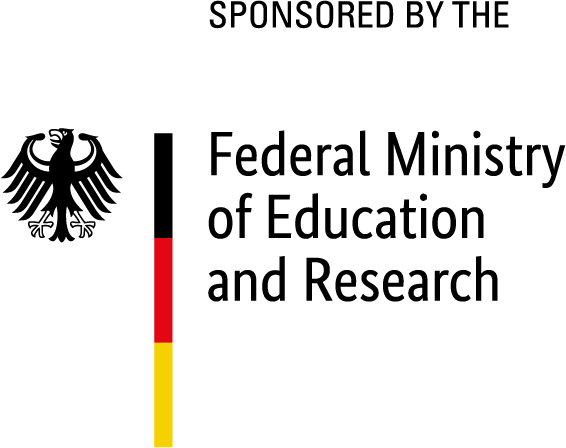I-WALAMAR
Sustainable Technologies and Services for Water and Land Management in Morocco (I-WALAMAR)
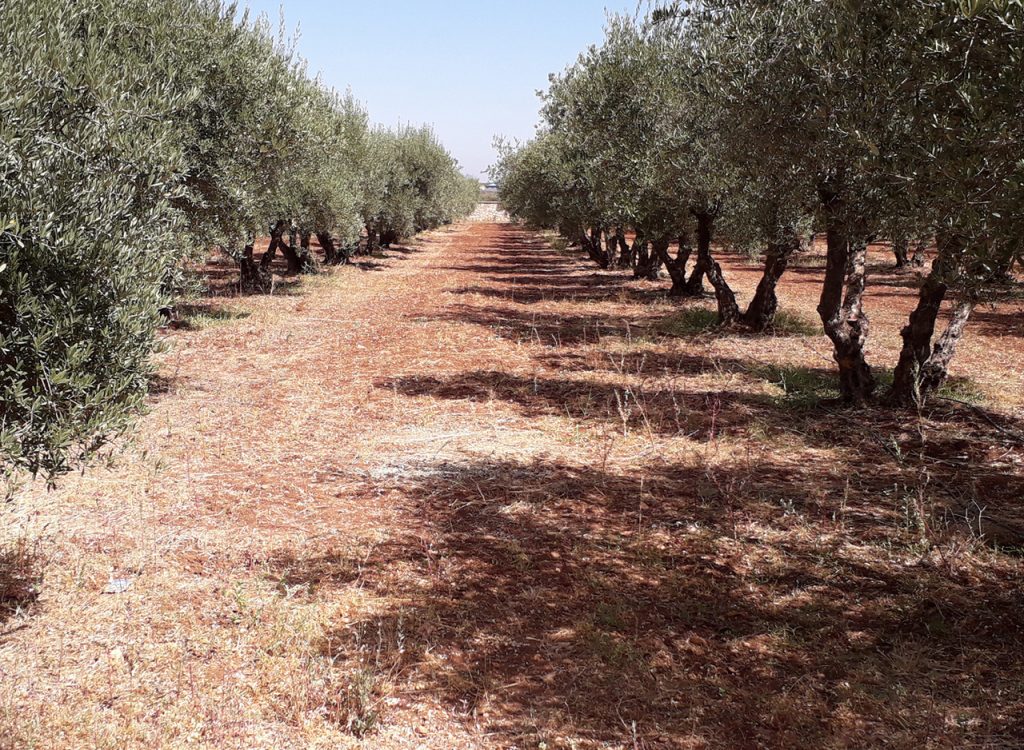
Background
Because of its geographical location Morocco is strongly affected by climate change and is therefore highly vulnerable. Depending on the region, rain will decrease by around 10-20% in the coming years. Temperatures, in contrast, will increase by 2-3°C by 2060, 1,5-6°C by 2090 respectively, the inland being the region fastest affected. Extreme weather events…
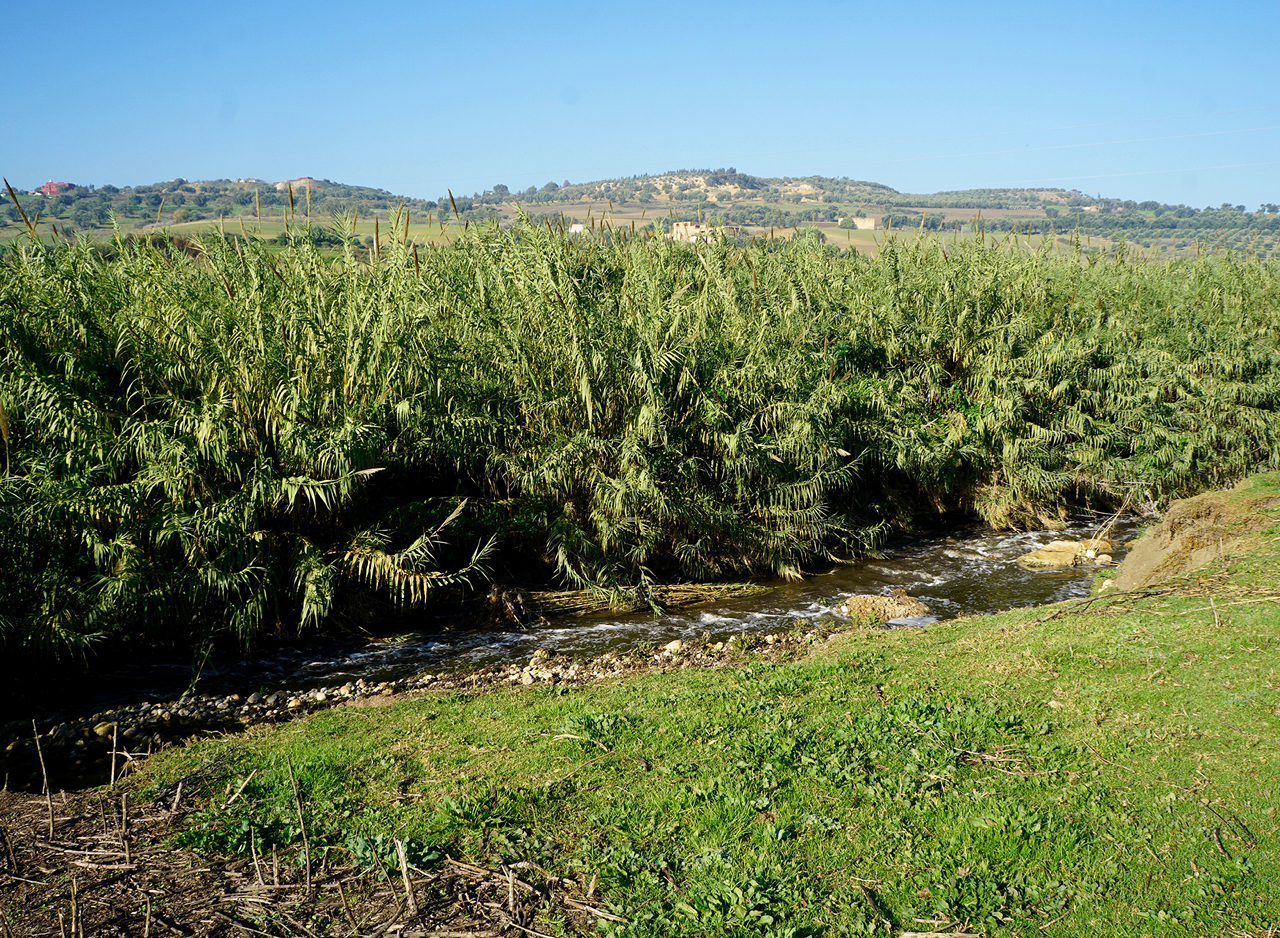
Presentation
Sustainable Technologies and Services for Water and Land Management in Morocco (I-WALAMAR) concentrates on the recycling of residues in agriculture. Agricultural material and sludge from municipal sewage treatment are analyzed. Residual materials which today lead to environmental pollution…
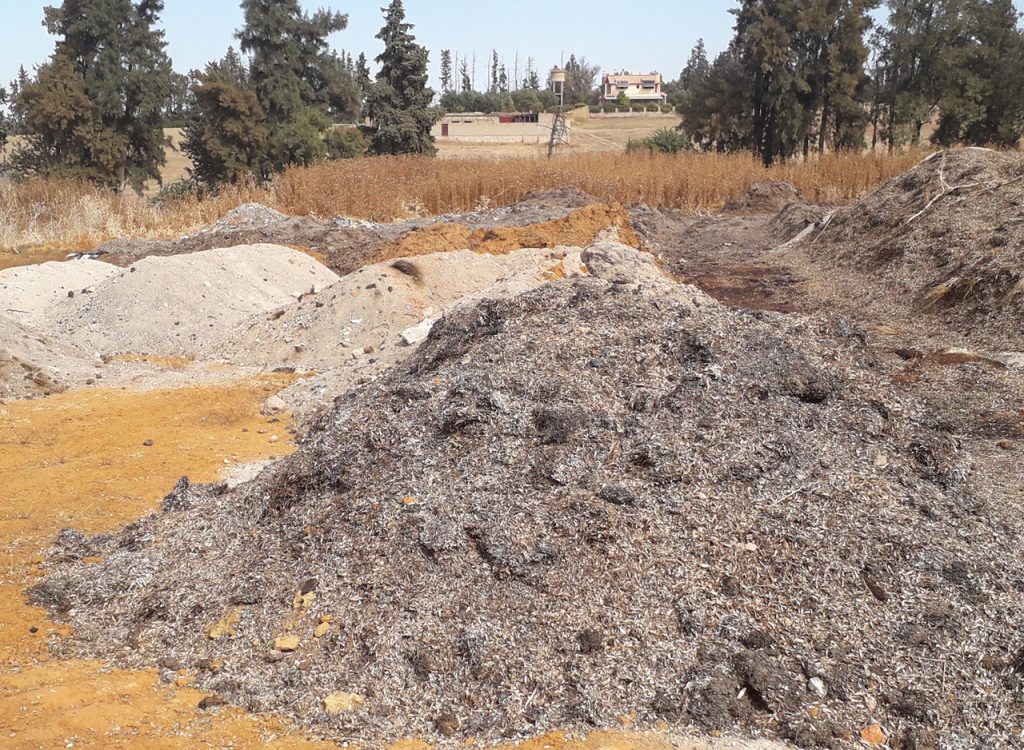
Project Structure
A needs- and location-based agricultural approach is sought, researching concepts and measures for the reclamation and protection of agricultural land and the utilization of residual materials. Research and development activities include interactions between water and soil resources as well as socio-economic effects.
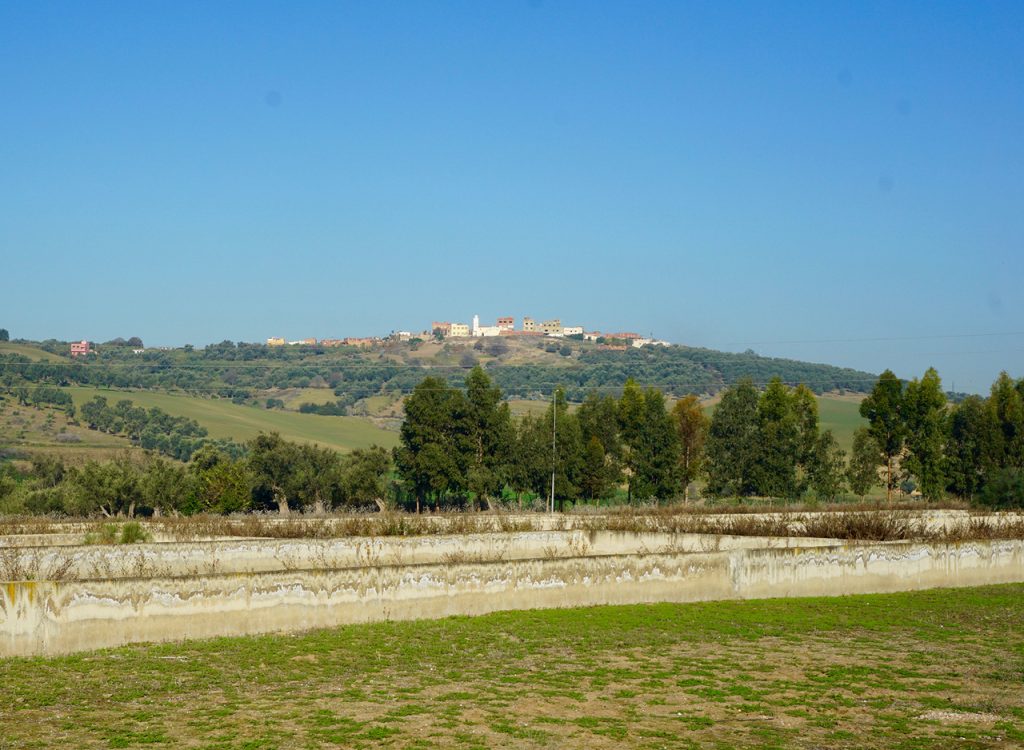
Objectives
The goal of the joint project I-WALAMAR is to develop and prepare innovative solutions in the partnering country Morocco for utilization of agricultural residues, the preservation of ecosystem services and the restauration of hardly cultivable or too strongly degraded soils. Apart from that the aim is to capture their potential…
Successful end of the Moroccan-German research project I-WALAMAR to improve water efficiency and food security
After initial discussions in 2016 and a first phase, the project “Sustainable Technologies and Services for Water and Land Management in Morocco “I-WALAMAR”…
Anaerobic fermentation of olive oil processing by-products
Hohenheim biogas yield test (HBT) and Continuously stirred tank reactor (CSTR) trials Read article on BMBF Client II
Project launch I-WALAMAR
On 27 November, German and Moroccan partners launched the I-WALAMAR project (Sustainable Technologies and Services for Water and Land Management in Morocco) at the University of Moulay Ismail in Meknès, Morocco.
Project Partners
German Partners


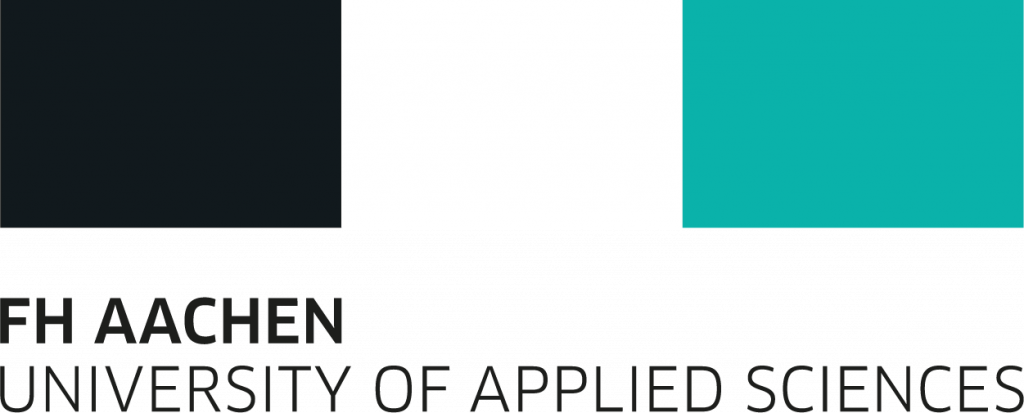



Moroccan Partners






Subcontractors
Associated Partners



